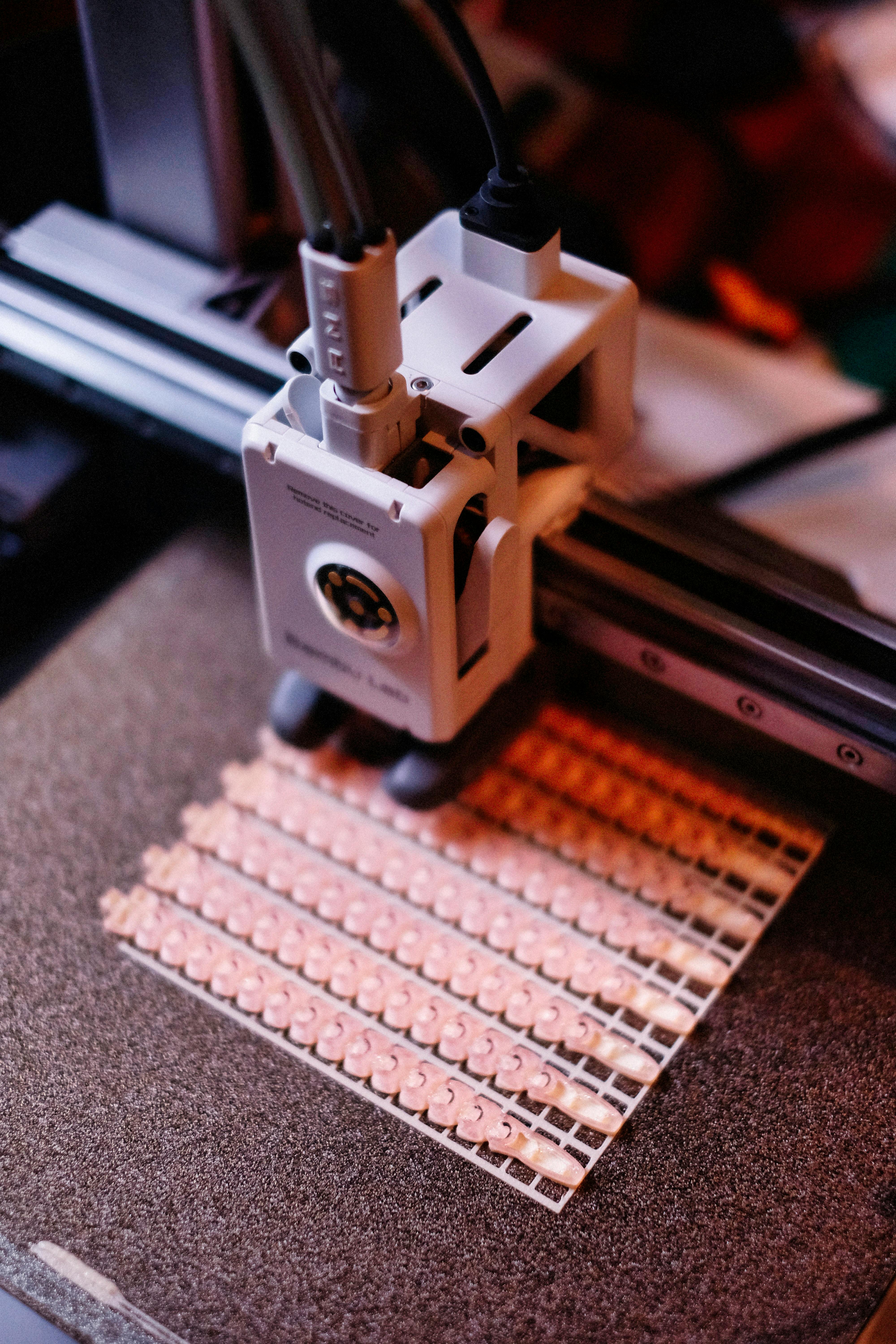Everything you need to Know About: Physiotherapy Assistant Careers
Physiotherapy assistants play a vital role in healthcare settings, supporting licensed physical therapists in delivering patient care and rehabilitation services. These healthcare professionals work directly with patients under supervision, helping implement treatment plans and providing essential administrative support. The field offers diverse opportunities across hospitals, clinics, rehabilitation centers, and private practices, making it an attractive career path for those interested in healthcare without requiring extensive formal education.

The healthcare industry continues to expand, creating numerous opportunities for support staff who work alongside licensed professionals. Physiotherapy assistants represent a crucial component of rehabilitation teams, bridging the gap between administrative duties and direct patient care. These positions offer entry points into healthcare careers while providing meaningful work that directly impacts patient recovery and wellbeing.
What Are Physiotherapy Assistant Jobs?
Physiotherapy assistant jobs encompass a range of responsibilities that support licensed physical therapists in clinical settings. These professionals assist with patient treatments, maintain equipment, and handle administrative tasks that keep rehabilitation facilities running smoothly. Unlike physical therapists who require doctoral degrees, physiotherapy assistants typically need only a high school diploma or equivalent, though some positions prefer additional certification or training.
Daily responsibilities include preparing treatment areas, helping patients with exercises, documenting progress notes, and maintaining clean, organized workspaces. Assistants may also schedule appointments, manage patient records, and communicate with insurance providers regarding treatment authorizations.
Understanding Physical Therapy Aide Careers
Physical therapy aide careers offer flexibility and growth potential within healthcare environments. These positions often serve as stepping stones for individuals considering advanced healthcare education or those seeking stable employment with direct patient interaction. Aides work in various settings including outpatient clinics, hospitals, nursing homes, and sports medicine facilities.
Career advancement opportunities exist for dedicated aides who pursue additional training or education. Many physical therapy aides eventually become licensed assistants, pursue physical therapy degrees, or transition into related healthcare roles such as occupational therapy support or medical administration.
The work environment typically involves standing for extended periods, assisting patients with mobility, and maintaining physical stamina throughout busy clinic days. Strong communication skills and empathy are essential qualities for success in these roles.
Exploring Rehab Technician Employment
Rehab technician employment encompasses broader rehabilitation services beyond traditional physical therapy. These positions may involve working with occupational therapists, speech pathologists, and other rehabilitation specialists. Technicians often specialize in specific areas such as cardiac rehabilitation, neurological recovery, or pediatric therapy services.
Employment settings for rehab technicians include hospitals, specialized rehabilitation centers, long-term care facilities, and home health agencies. The role requires adaptability as technicians may work with diverse patient populations ranging from elderly individuals recovering from surgery to young athletes rehabilitating sports injuries.
Technicians often receive on-the-job training specific to their facility’s protocols and patient populations. Some employers prefer candidates with basic life support certification or previous healthcare experience, though many provide comprehensive training programs for new hires.
Educational Requirements and Training
Most physiotherapy assistant positions require a high school diploma or equivalent as the minimum educational requirement. However, employers increasingly prefer candidates who have completed post-secondary training programs, certification courses, or have relevant healthcare experience. Community colleges often offer physical therapy assistant programs that provide comprehensive training in anatomy, patient care techniques, and clinical procedures.
On-the-job training is common across all levels of physiotherapy support roles. New employees typically undergo orientation periods ranging from several weeks to several months, depending on the complexity of their assigned duties and the facility’s patient population. This training covers facility-specific protocols, documentation requirements, and safety procedures.
Continuing education opportunities help assistants stay current with evolving treatment techniques and maintain any required certifications. Professional development may include workshops on new equipment, patient communication skills, or specialized treatment approaches.
Skills and Qualities for Success
Successful physiotherapy assistants possess a combination of technical knowledge and interpersonal skills. Physical stamina is essential as the work involves standing, walking, and assisting patients with mobility exercises throughout the day. Manual dexterity helps when operating equipment and assisting with therapeutic devices.
Communication skills are crucial for interacting with patients, families, and healthcare team members. Assistants must explain exercises clearly, provide encouragement during difficult treatments, and accurately relay information between patients and therapists. Attention to detail ensures proper documentation and adherence to treatment protocols.
Emotional resilience helps assistants work effectively with patients experiencing pain, frustration, or slow recovery progress. Patience and empathy create supportive environments that enhance patient outcomes and job satisfaction.
Professional Development and Growth
The physiotherapy assistant field offers various pathways for professional development. Experienced assistants may pursue supervisory roles, specialize in specific treatment areas, or transition into related healthcare positions. Some choose to continue their education to become licensed physical therapist assistants or pursue physical therapy degrees themselves.
Professional organizations provide networking opportunities, continuing education resources, and certification programs that enhance career prospects. Staying current with industry trends and treatment techniques demonstrates commitment to professional growth and patient care excellence.
Specialization areas include pediatric therapy, geriatric care, sports medicine, and neurological rehabilitation. Each specialty requires additional training but offers opportunities to work with specific patient populations and develop expertise in targeted treatment approaches.
Physiotherapy assistant careers offer meaningful work in growing healthcare fields with multiple pathways for professional development. These positions provide essential support to rehabilitation teams while offering stable employment opportunities for individuals seeking to enter healthcare professions. Whether pursuing immediate employment or using these roles as stepping stones to advanced healthcare careers, physiotherapy assistant positions provide valuable experience and direct patient care opportunities.




